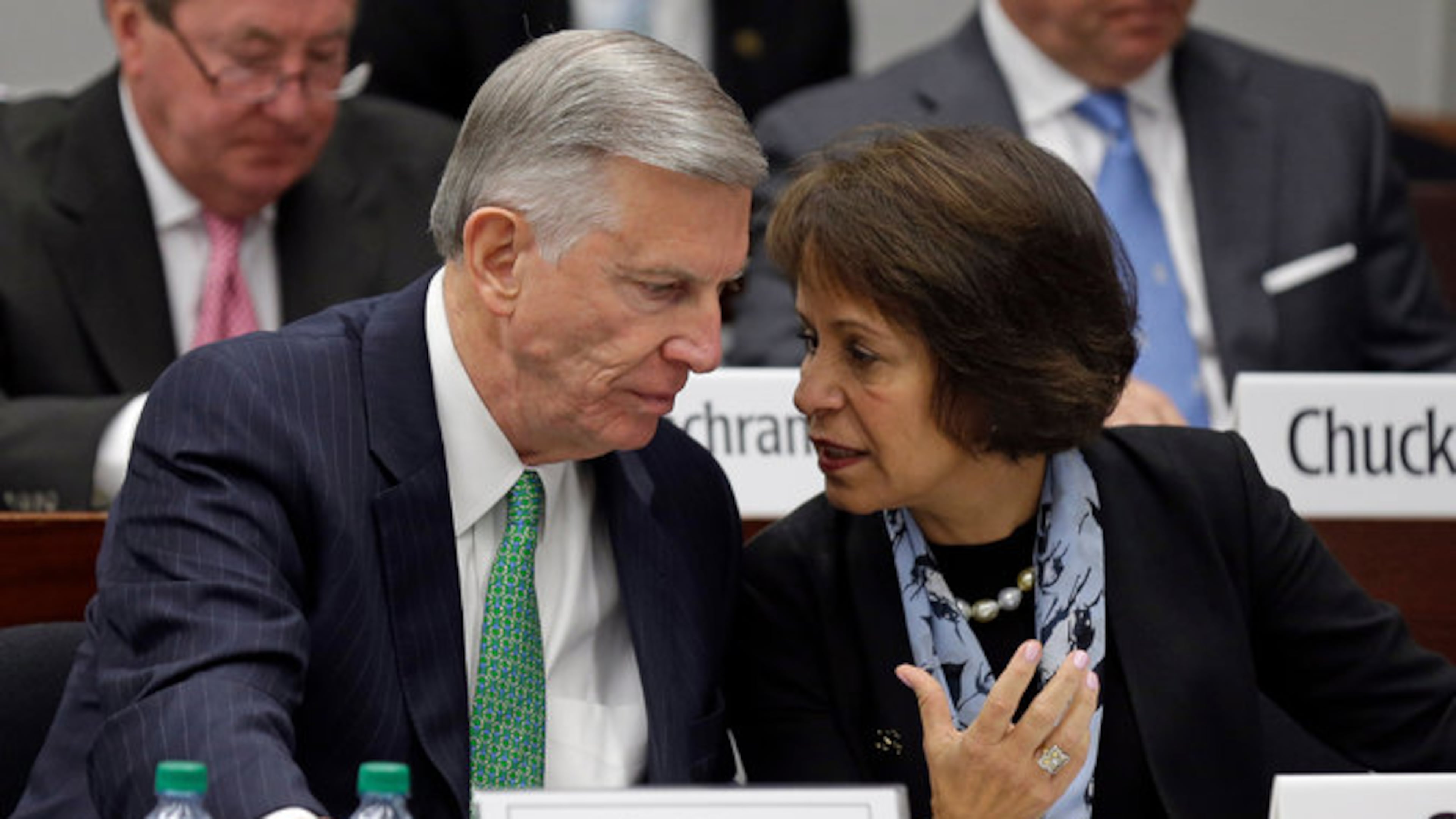'Free education' not worth much for UNC athletes

There are many (only) dumb arguments against paying college athletes more than just tuition, room and board. The silliest contention is that college athletes already get a "free" education and they should be happy with that. It's closely related to the equally dumb argument that compares regular (non-revenue producing) students to athletes.
Athletes receive a "free" education as compensation for their labor. In the case of football and basketball players at the NCAA's highest level, the labor generates massive revenues and profits. If the athletes do not provide labor, there is no "free" education, board, training, etc.
I've noticed that many people who make the “free" education argument also proclaim their love for free markets and hatred of government regulation. Somehow they hold these views while also supporting a system in which universities, most of them public (government) institutions, collude to suppress labor wages.
(I’m self-aware enough to know that sports media are part of the problem because we profit from publicizing college sports and rarely challenge and expose an unfair system.)
In any event, the "free" education argument presumes that athletes actually get an education. The academic fraud scandal at the University of North Carolina is the latest evidence that schools care more about keeping athletes eligible than actually educating them. The only mildly surprising thing about the North Carolina scandal is that the fraud lasted 18 years without detection. It's no surprise that top university officials say they didn't know about it all that time.
Schools need not commit fraud to pay lip service to educating athletes while focusing on keeping them eligible. They also can explicitly or implicitly pressure athletes to pursue less challenging courses of study so they have more time to devote to their sport. If it’s true that many football and basketball players at big-time colleges are not prepared for (or interested in) college-level work , it’s also true that they really can't maximize their educational opportunities even if they want.
I remember interviewing a Georgia Tech football player a few years ago who told me he wanted to be a military pilot. How great for him, I thought, that he’s enrolled at a premier science and technology university. The player told me his major was management. He had no time for a more rigorous course of study that matched his goals because football took up so much time. It was a bit depressing to hear.
Players who worry about their standing with their team and keeping their (nonrenewable) athletic scholarship take the easiest academic route possible. That's how a bunch of athletes end up with the same majors. This isn't true only at Tech and North Carolina, of course. "Clustering" happens everywhere.
While defending itself in the Ed O'Bannon case it ultimately lost, the NCAA asserted that paying players more than scholarship money would damage the value of its product. College sports fans feel a special connection to university teams because the players are students, the NCAA argued. It said those fans wouldn't want to watch college athletes who are professionalized.
There’s a good way to find out: allow schools to set their own compensation policies for athletes. If the NCAA is right, then those schools that choose to pay their athletes more than scholarship money will discover that’s not what the customers want and their revenues will suffer. Those schools who keep the current model will still be popular because customers prefer to cheer on “amateurs” and the vast majority of money will continue to go to everyone but the athletes.
But rather than allow the market to decide, NCAA member schools are vehemently fighting to keep the status quo. They don’t really believe their argument that amateurism is an essential component of their business model. Athletics administrators and coaches know that paying players at market rates would mean less money to pay the salaries of athletics administrators and coaches.
In college sports, managers are allowed to negotiate their own (bloated) salaries and don't want to share a bigger piece of the pie with athletes. College athletes are both the labor and the product in big-time sports but don't have that same economic freedom. Yet there are still plenty of hypocritical people who support the NCAA's exploitive system while telling athletes to be happy with the "free" education.
Whatever that "education" is worth at North Carolina and elsewhere.
More Stories
The Latest


